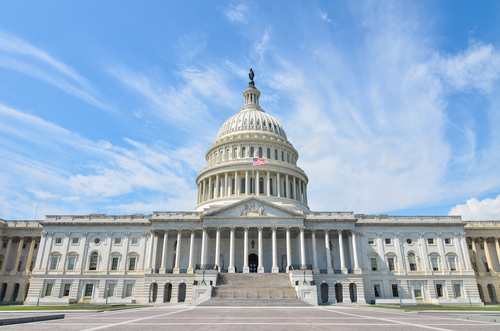
Trump Tariffs TARGET Toxic Toys!
As the threat of lead paint in Chinese toys looms, the Trump administration’s tariffs might just be the unexpected hero or villain in your child’s toy box.
At a Glance
- President Trump’s trade war with China could mean fewer toys for American children.
- Concerns over lead paint in Chinese toys highlight the need for stricter import policies.
- Stephen Miller supports paying more for safer, American-made toys.
- A 0.3% GDP decline suggests possible economic recession pressures.
U.S. Toy Market Shift
The alarming news regarding lead paint in Chinese-made toys has pushed President Trump’s administration towards stringent measures. Tariffs of up to 145% have been introduced, a decision that could minimize the number of toys available in the U.S., but aiming to ensure American children’s safety.
Stephen Miller highlights that investing slightly more in American products can protect children from foreign manufacturing pitfalls. He’s keen on reinforcing U.S. manufacturing, emphasizing how these policies could make American goods more competitive.
Balancing Risks and Costs
Notwithstanding the alarm about toy availability, Trump reminds the public, “Maybe the children will have two dolls instead of 30 and maybe the two dolls will cost a couple of bucks more than they would normally.”
Experts warn about possible recession due to a 0.3% GDP decline. Increased tariffs could raise Americans’ concerns, yet Trump is firm in his position that China will bear the brunt of this trade war.
Economic Paradoxes and Future Prospects
Despite fears of economic turmoil, Trump dismissed recession claims and pointed fingers at Biden for current economic drawbacks. He maintains that tariffs are negotiating tools potentially funding tax cuts. While some argue the tariffs destabilized the economy, Trump insists they guide the U.S. towards a more self-reliant future.
Future propositions include dialogues with Chinese President Xi Jinping to reconsider tariffs, while still underscoring the importance of safer imports. The administration attempts to realign credit for policies to their benefit, as critics continue scrutinizing their economic assertions.




